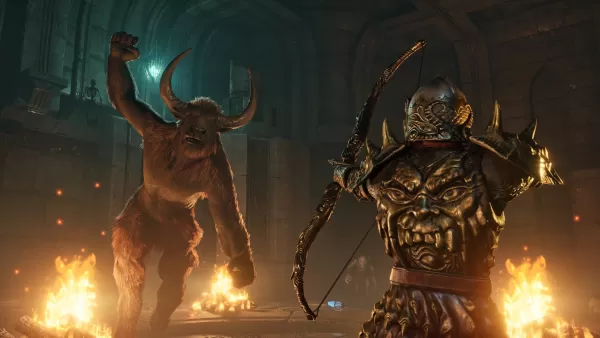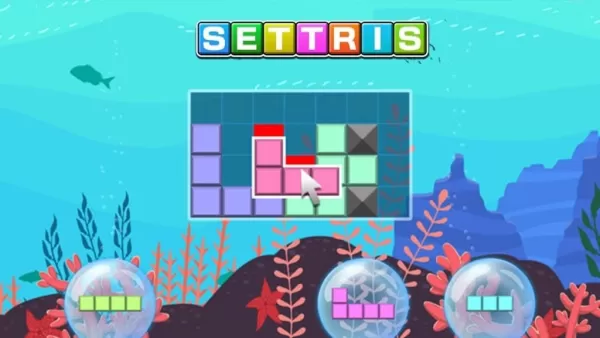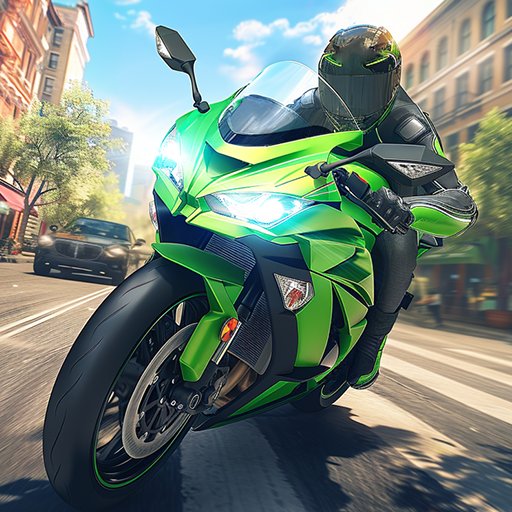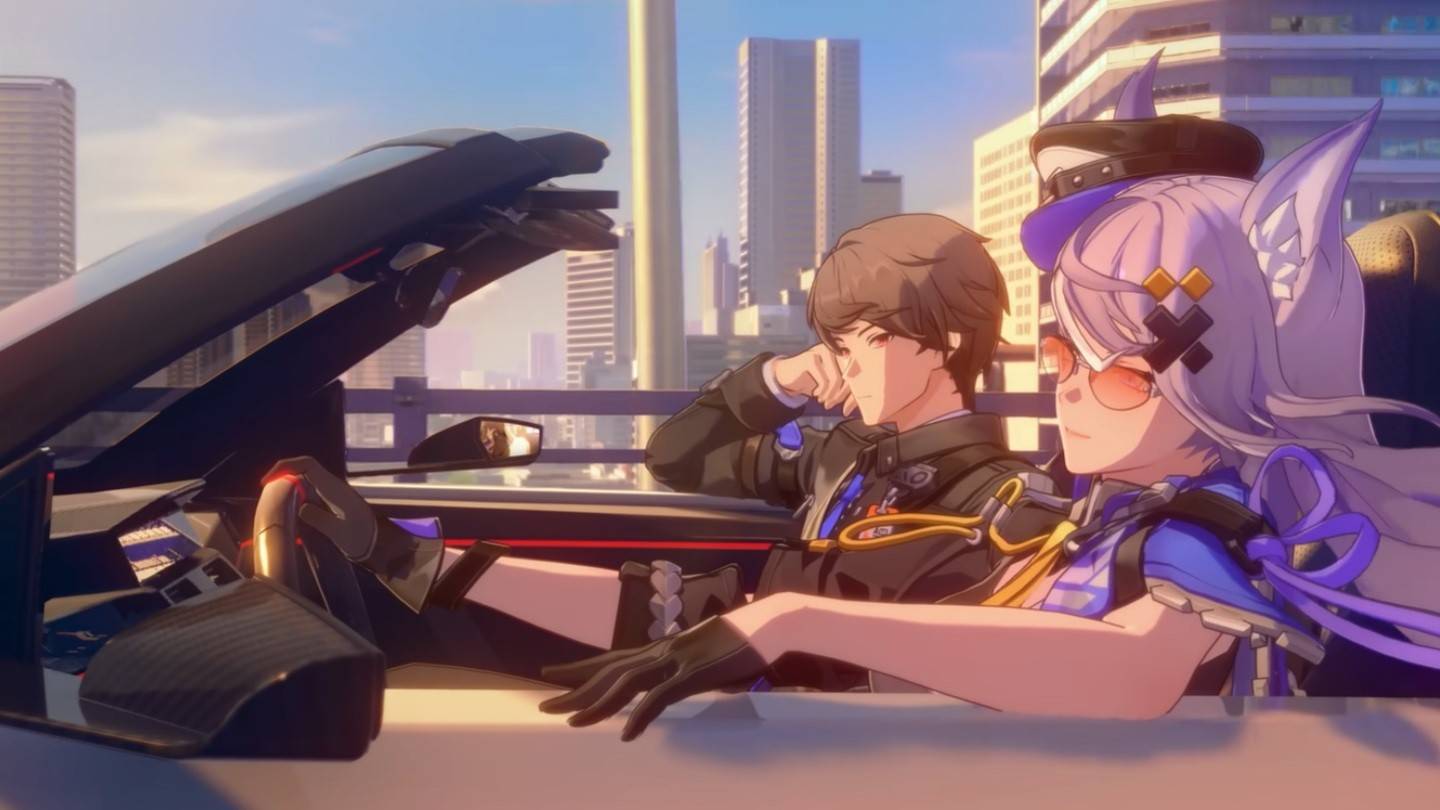When Bethesda unveiled the remastered version of Oblivion earlier this week, I was astounded. The 2006 journey through Tamriel, once characterized by its quirky, potato-faced characters and blurred, low-resolution landscapes, has now transformed into the most visually stunning Elder Scrolls game to date. My past experiences with HD remasters like Mass Effect Legendary Edition and Dark Souls Remastered had set a low bar, with barely noticeable upgrades from their Xbox 360 origins. Yet, seeing the Imperial City I explored nearly two decades ago brought to life with Unreal Engine 5 and ray tracing was a breathtaking revelation. Beyond the graphics, the game boasts enhanced combat mechanics, revamped RPG systems, and a host of other improvements. This led me to question whether Bethesda and developer Virtuos had mislabeled their project. Should it not be called Oblivion *Remake* instead of remastered?
It seems I wasn't the only one pondering this. Many fans have labeled it a remake, and even Bruce Nesmith, a senior game designer on the original Oblivion, remarked, "I’m not sure [the word] remaster actually does it justice." Initially skeptical, my doubts waned after several hours of gameplay. Despite its remake-like appearance, Oblivion Remastered retains the core feel of a remaster.
The reason Oblivion looks like a remake is straightforward: Virtuos has undertaken an extensive overhaul, redesigning "every single asset from scratch." Visually, everything on screen is new, from trees and swords to crumbling castles, aligning with modern graphical standards. The textures are exquisite, the lighting is stunning, and a new physics system ensures realistic interactions with the environment. While the NPCs remain familiar, each model has been recreated anew. This ambitious project doesn't aim to simply look "as you remember" but strives to meet 2025's high visual standards. If I had encountered this version before the remaster rumors, I might have mistaken it for The Elder Scrolls 6.
However, the enhancements extend beyond visuals. Combat has been significantly improved, making swordplay more engaging than ever. The third-person camera now functions effectively with the addition of a reticule. All menus, including the quest journal, dialogue, and minigames like lockpicking and persuasion, have received interface updates. The original leveling system has been replaced with a more intuitive hybrid of Oblivion and Skyrim's systems, and sprinting has finally been added. With such extensive upgrades, one might argue we've crossed into remake territory.
The industry lacks clear definitions for remakes and remasters, often using these terms loosely. For example, Rockstar's "Definitive Edition" remasters of the Grand Theft Auto trilogy retain their blocky PlayStation 2-era appearance with only upscaled textures and modern lighting. In contrast, the Crash Bandicoot N. Sane Trilogy, also called a remaster, features entirely new assets and looks like a modern game. The term "remake" becomes even more ambiguous with projects like Bluepoint's Shadow of the Colossus and Demon's Souls, which are rebuilt from the ground up yet remain faithful to the originals, and Resident Evil 2, which redesigns gameplay while maintaining the original structure. Final Fantasy 7 Remake and Rebirth go further, overhauling design, script, and story. Despite these differences, all are considered remakes.
Traditionally, games rebuilt from scratch in a modern engine were labeled remakes, while remasters involved limited upgrades within the original technology. This distinction is becoming outdated. A more fitting definition today might be that remasters provide graphical overhauls while preserving the original game's design, with minor quality-of-life improvements. Remakes, on the other hand, redesign games from the ground up, offering new takes on old ideas. Under this definition, projects like Demon's Souls and Metal Gear Solid: Delta might be reclassified as remasters, reserving "remake" for games that truly innovate on their predecessors.
 So, is this new version of Oblivion a remake or a remaster? After playing it, the answer is clear: it's aptly named Oblivion Remastered. While it boasts new assets and Unreal Engine 5 ray tracing, it retains the core mechanics and feel of the original. As Bethesda explained, "We looked at every part and carefully upgraded it. But most of all, we never wanted to change the core. It’s still a game from a previous era and should feel like one."
So, is this new version of Oblivion a remake or a remaster? After playing it, the answer is clear: it's aptly named Oblivion Remastered. While it boasts new assets and Unreal Engine 5 ray tracing, it retains the core mechanics and feel of the original. As Bethesda explained, "We looked at every part and carefully upgraded it. But most of all, we never wanted to change the core. It’s still a game from a previous era and should feel like one."
The game's hallmarks from the early 2000s are evident in its loading screens, the quirky persuasion minigame, simplistic city designs, NPC behavior, and combat mechanics. Even with significant upgrades, the combat remains somewhat detached and unwieldy, and the game retains its original bugs and glitches, preserving its quirky charm.
Recent games like Obsidian's Avowed showcase modern advancements in gameplay and exploration, making Oblivion Remastered's features feel dated by comparison. Yet, the magic of Oblivion's world remains vibrant, with its expansive fields and myriad mysteries. Its ambitious elements, such as dynamic goblin wars and engaging quest structures, hold up well against newer titles. The game's emphasis on player freedom feels refreshing in an era where many games guide players more closely. However, the dialogue, system interconnectivity, and level design are unmistakably outdated. A remake would overhaul these aspects, but Oblivion Remastered is about reliving the original experience, hence the correct term: remastered.
AnswerSee ResultsVideo games often borrow terminology from other media. In film, remakes are entirely new productions, while remasters enhance existing films to meet modern quality standards. Yet, even with 4K restorations, classic films like Jaws and The Godfather remain products of their time. Similarly, Oblivion pushes visual quality to its limits by recreating its "exterior" in a new engine, but underneath, it's still a product of the 2000s. Alex Murphy, executive producer at Virtuos, aptly described it during the reveal stream: "We think of the Oblivion game engine as the brain and Unreal 5 as the body. The brain drives all the world logic and gameplay and the body brings to life the experience that players have loved for almost 20 years."
Oblivion Remastered lives up to its name and sets a high standard for remasters in the AAA gaming industry. It should be the benchmark for projects like Mass Effect Legendary Edition and Grand Theft Auto: The Trilogy. Unlike those, Oblivion Remastered is not a cynical cash grab but a labor of love that looks like a remake yet plays like a remaster, honoring the original game while bringing it into the modern era.














